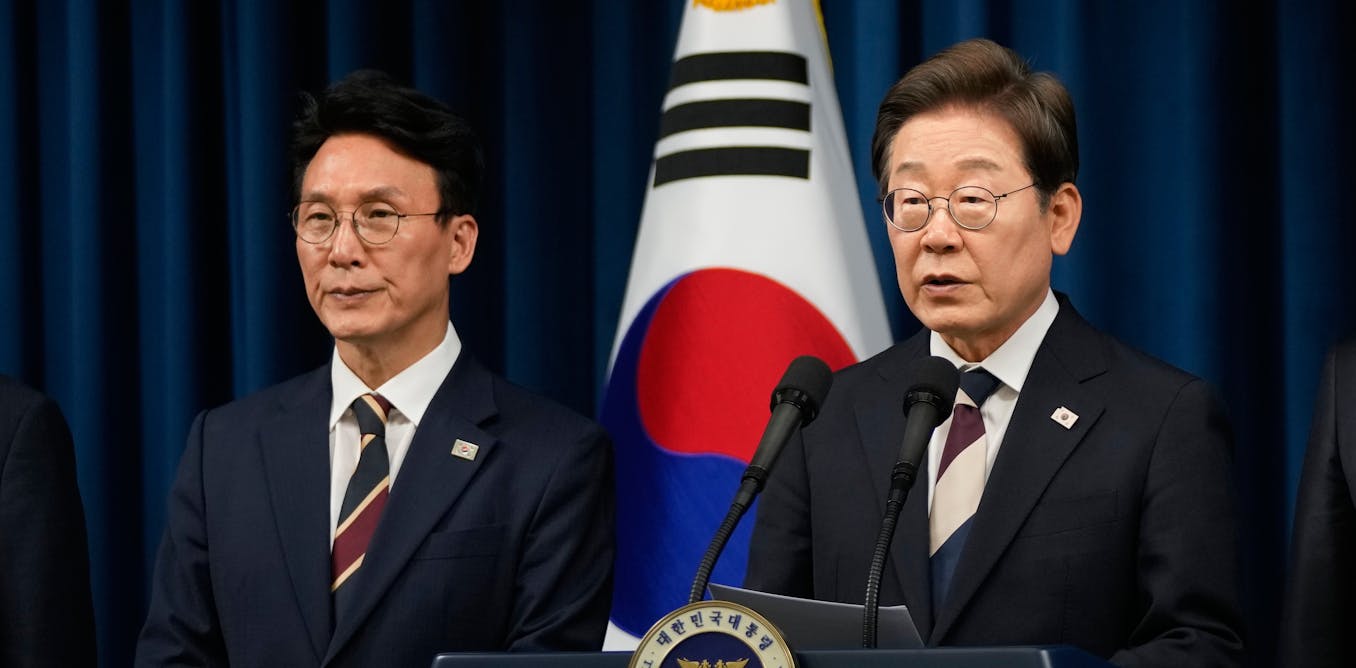Now Reading: Why South Korea’s new leader may be on a collision course with Trump
-
01
Why South Korea’s new leader may be on a collision course with Trump
Why South Korea’s new leader may be on a collision course with Trump

The newly elected South Korean president, Lee Jae-myung, describes himself as a foreign policy “pragmatist” focused on South Korea’s national interests rather than ideology. He aims to strengthen ties with China and North Korea, in contrast to the previous administration led by Yoon Suk Yeol, which had strained relationships with these countries. Lee’s approach may clash with the policies of the Trump administration, as he seeks to maintain the US-South Korea alliance while also pursuing more balanced relationships with other regional powers like China.
Lee emphasizes that South Korea should not have to choose between the US and China, advocating for a diversified approach to diplomacy. His government plans to resist pressure from Washington to get involved in conflicts with China, such as those concerning Taiwan or territorial disputes in the South China Sea.
Regarding North Korea, Lee’s government plans to address the threat with a combination of strong deterrence, through the US alliance, and renewed efforts for dialogue and cooperation. Lee aims to reopen channels of communication with North Korea, highlighting the importance of peace over conflict. He has appointed a former unification minister as the head of the National Intelligence Service, signaling a commitment to engagement with the North.
The evolving geopolitical landscape, including North Korea’s recent declaration of South Korea as an “enemy” nation, poses challenges for the new South Korean government. While the Trump administration also seeks dialogue with North Korea, the regime’s alignment with Russia and focus on military advancements complicate the prospects for peaceful engagement. The Lee government faces a complex international environment, with growing North Korean threats, shifting US security commitments, and pressure to navigate regional power dynamics. The approach taken by Lee’s administration in addressing these challenges will be crucial in the coming months and years.






